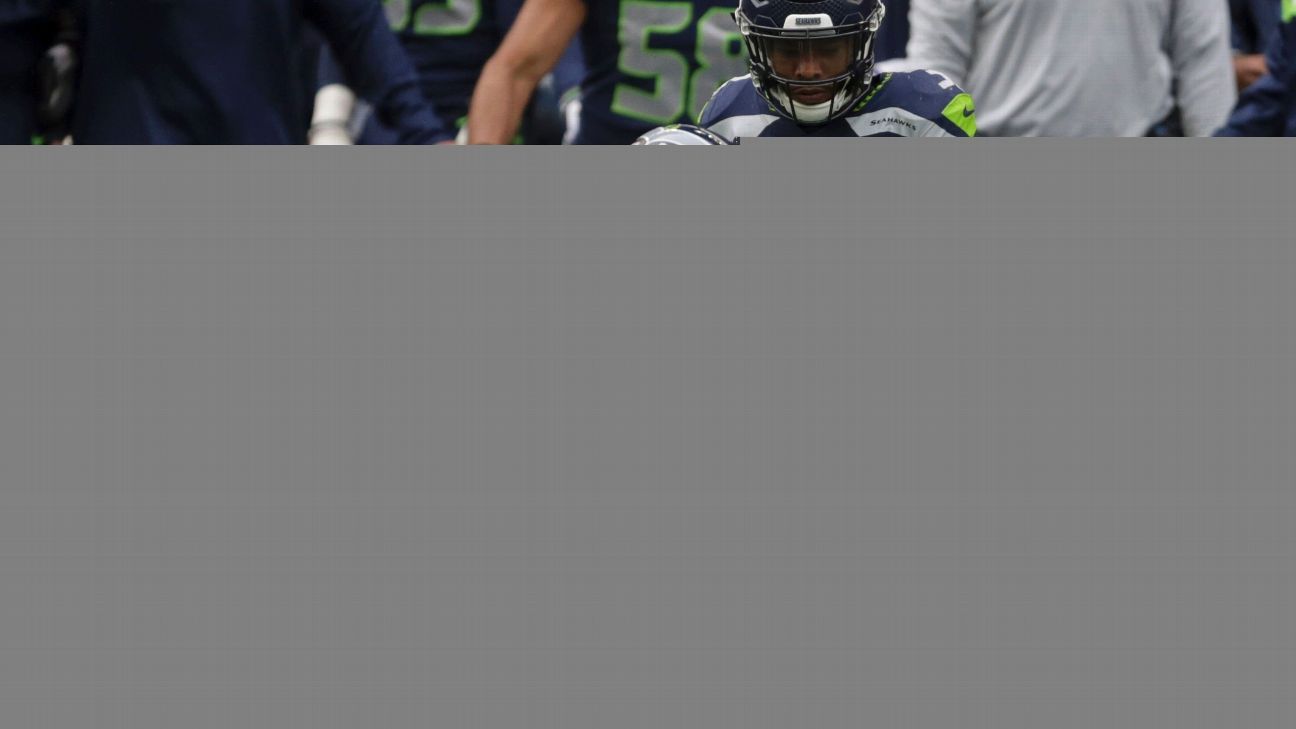
Concussions in NFL preseason games increased in 2019 by 44% compared to last season, a significant data point as owners consider proposals to shorten or eliminate the preseason in the next collective bargaining agreement.
There were 49 concussions during the 2019 preseason, compared to 34 in 2018, according to figures the NFL released Tuesday. The majority were caused by helmet-to-helmet hits, according to Dr. Allen Sills, the league's chief medical officer. Research showed that rookies and players who ultimately did not make a final roster, and are the least familiar with NFL rules designed to minimize such hits, represented roughly two-thirds of the concussion victims.
Such players have also received a greater proportion of preseason playing time in recent years as coaches have trended toward sidelining their starters and veterans.
"The number went up even with the rule changes the league has made over the past few years," Sills said. "So we know there is more work to be done there."
The NFL's CBA with the NFL Players Association expires after the 2020 season, and some owners have sought an expansion of the regular season and/or postseason in exchange for the reduction or elimination of the preseason. Tuesday's data, presented to owners at their fall meeting in Fort Lauderdale, Florida, adds a new health and safety element to the negotiations.
Meanwhile, concussions during training camp practices dropped by 33.3 percent, from 45 to 30, after a series of league initiatives that included the elimination of the Oklahoma drill. Reducing practice concussions was one of three keys to the league's "call to action" after the 2017 season.
"That's obviously something we're pleased about and that I'm optimistic about," Sills said. "There's no doubt that the league's prohibition of certain practice drills were a part of that, but another part was the focus that the teams themselves had on this issue. We did a lot of phone calls and in-person meetings and presentations to make coaches, players, position coaches, team presidents and owners all aware of that issue."
Sills and Jeffrey Miller, the NFL's executive vice president of health and safety, updated owners on two other issues Tuesday. They included:
• News that 99 percent of NFL players are wearing helmets that earned a "green" rating in the league's joint helmet performance evaluations with the NFLPA, the highest rating in the scale. A total of 13 players chose helmets in the "yellow" rating. No player is allowed to wear a helmet classified into the "red" category. The league threatened teams with discipline for any player who wore an unapproved helmet, but Miller said no discipline has been handed out.
"I don't want to soft-pedal the notion that players who have been wearing a particular helmet style for a number of years would have an easy transition," Miller said. "But credit the players and the Players Association for working to get this to a good result."
When the helmet-rating program began in 2017, 41 percent of players were wearing "green" helmets. That number jumped to 74 percent in 2018.
• There was a reduction in ACL and MCL injuries during the preseason as the league begins work on reducing lower extremity injuries. ACL injuries dropped from 28 to 16, while MCL injuries were down to 29 from 36. Most of the league's lower extremity initiative, which includes a study of footwear and its impact on various playing surfaces, remains in its early stages.















 Phone: (800) 737. 6040
Phone: (800) 737. 6040 Fax: (800) 825 5558
Fax: (800) 825 5558 Website:
Website:  Email:
Email: 






